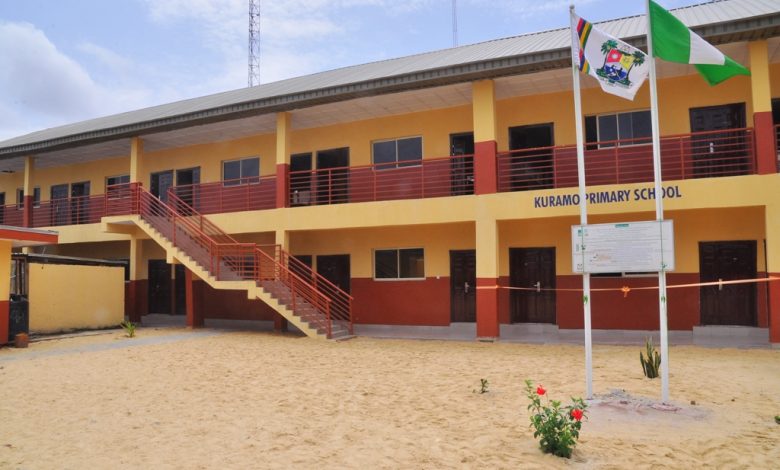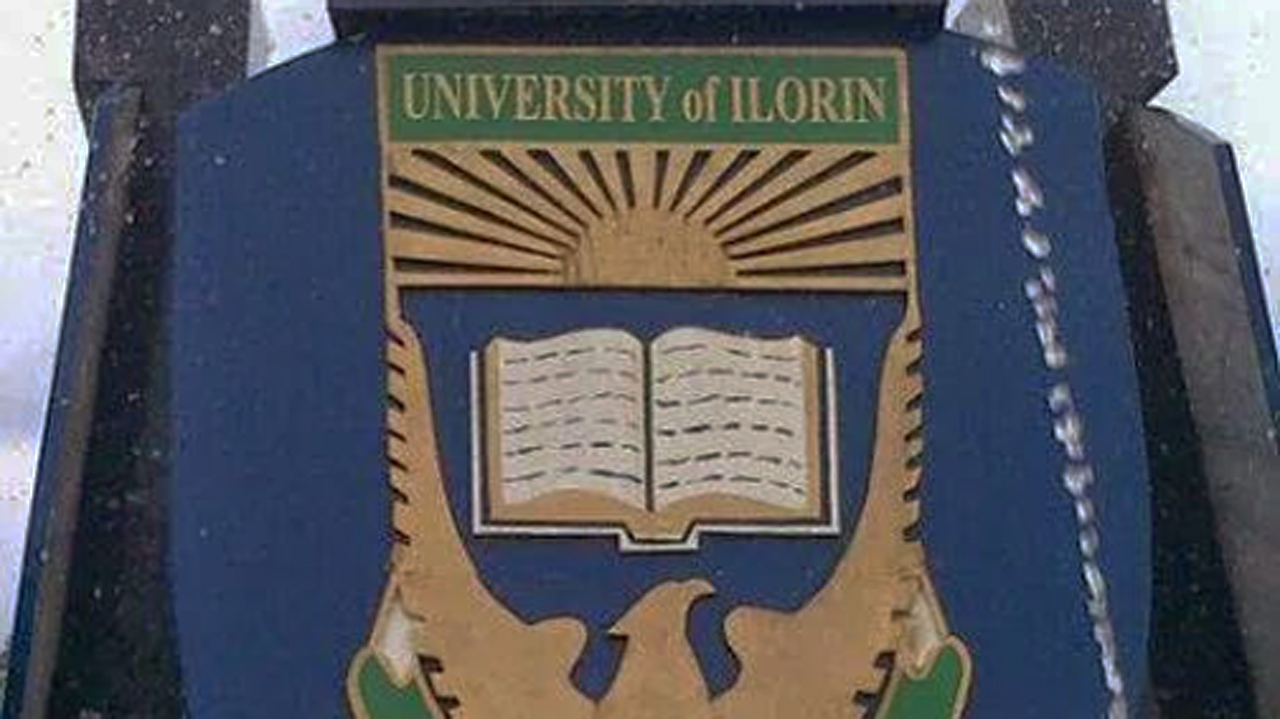 Education is a fundamental right of every child including those with disabilities. And education, especially inclusive education, is important for children with disabilities, because it provides the opportunity for them to learn along their mates with no disabilities.
Education is a fundamental right of every child including those with disabilities. And education, especially inclusive education, is important for children with disabilities, because it provides the opportunity for them to learn along their mates with no disabilities.
Lagos State government recognises this, no wonder, it developed and ratified an Inclusive Education Policy in 2015 to institutionally drive and guide the implementation of inclusive education programmes and projects in the state.
Inclusive education works to make schools accessible to all learners, including those with disabilities. It also makes all pupils learn within the same environment and class.
Some stakeholders argued that inclusive education policy came about in Lagos to speed up the process of inclusive education programmes and projects because the state had taken some steps around inclusive education before the birth of the inclusive education policy.
These stakeholders noted that as at 2003, there were three inclusive schools in Lagos and by 2015 when the policy was ratified the state inclusive schools had increased to 45.
But if the stakeholders had thought that things would have improved tremendously eight years after the inclusive education policy came to being, they were probably wrong, as the state now has just 51 inclusive schools. Yet, the state, at present, boasts of not less than 1075 public primary schools.
The stakeholders listed the issues bugging inclusive education in the state to include inaccessible distance to most of the inclusive schools; absence of Standard Operating Procedures for enrollment, retention and progression of Children With Disabilities (CWDs) in the inclusive schools; very high ratio of pupil/student population to one special teacher; absence of standard operating procedures for inclusive practices, cooperative teaching processes and adapted curriculum in the inclusive schools; and inadequate funding, human and material resources.
Commenting, the founder of Human and Organisational Resources Development Centre (HORDC), Dr Adebukola Adebayo, said that with the inclusive education policy, the expectation is that all primary and secondary schools in Lagos State should be inclusive by now.
“Every school ought to accommodate every child, that’s the purpose of inclusive education. There shouldn’t be separate school or class for learners because that is not the best way to utilise scarce education resources. It is not as if special schools are completely out of it, because there are some severe situations that will require special attention. But even at that, if you must set up special schools, they should be within the premises of the regular schools, so that there can be some interactions between the non-disabled and disabled children.”
According to him, at present, most to the special schools are in separate locations, not within the premises of a regular school, which is not inclusive education.
He added: “There are levels that can be progressively achieved. Like I said, the best is putting up a special school within the premises of a regular school; that is one level. The other level is when these children are in the same school, but in different classes, but they still do some things together, maybe have assembly, use the same playground, they may not learn together, that’s what we call mainstreaming.
“The other is integration, where pupils are in same classroom, learning together subjects like music, crafts and others that can be learnt together. Then we have the highest level of integration, which is total inclusion, with the children in the same class, learning every subject together.”
He observed there is a lot of misconception of standardisation of practice in the way inclusive education is being implemented in Lagos, which is why there is need to do a thorough review to develop creative ideas, tools that can help teachers work together so that they can be more inclusive in their approach to education.
He also identified inadequate personnel, inadequate funding, inadequate number of schools, standard practice, and operating procedures are some of the issues with inclusive education in Lagos.
“There is a lot that they need to do, including getting organisations of persons with disabilities involved.”
He, nonetheless, maintained that despite the loopholes in the implementation of inclusive education in Lagos, the state is still the best around the country when it comes to practicing inclusive education.
“No state has the number of inclusive schools in Lagos and the more inclusive schools, the more children with disabilities are brought into schools.”
On his part, the Chairman, Association of the Blind, Barrister Lukman Salami, observed that the schools the state dubbed inclusive schools, the best that is practiced there is semi-integration.
“It means that children with disabilities are in the same compound with their peers, but they are not taught in the same classroom which is what available in Lagos today.
“Though the government says pupils take some of their lessons in the regular class with other pupils, but that is not inclusion.”
Eight years after the policy was ratified, he said what stakeholders, including the government should ponder on is: if there is a minimum compliance with the policy and if what is on paper, is what is on ground.
“The rationale behind inclusion is to bridge the social distance between children with disabilities and their counterpart with no disabilities. What that means is for them to be taught in the same classroom and that would help children with no disabilities to understand and appreciate children with disabilities.
“With that there won’t be class distinction and inferiority complex among them. Yet, Lagos said it is doing inclusive education at the primary schools. I have not seen that policy being implemented in the real sense of inclusive education at the primary level.
“We have children with disabilities on the same compound with their counterparts, but not taught in the same regular class.
“Also, availability of teaching aids and physical access to the schools are of concern. Having 50 inclusive schools compared to the number of primary schools in Lagos, which is over a thousand, means there will be Local Council Development Areas (LCDAs) with no inclusive school, since the state has 20 local councils and 37 LCDAs.
According to Salami, with all the inclusive schools not boarding, it also means some parents may have difficulty taking their children to school as only one inclusive school is likely to be in an LCDA.
“For instance, the only primary school in Ikorodu that is inclusive is in Ipakodo, that means if you are staying in Bayeku, you have to wake up early in the morning to take your child to Ipakodo then return in the afternoon to pick the child. With the distance, many parents may not be able to afford it. That is if they have the time, what of the money? So, there are likely occasions when the child will not go to school, because of the cost of moving him to and back home.
“Similarly, what is the number of children with disabilities that have gone through the inclusive schools compared to the special schools? If the system is working, the inclusive schools should be producing more pupils than the special schools, but the reverse is the case.
“If the government says it doesn’t what children to travel long distance to access education, which set of children needs it more, it is children with disabilities. With the distance to accessing the inclusive schools, the government is taking away primary education from children with disabilities. Then the structures are not accessible to children with disabilities.
“I am not condemning the inclusive policy in Lagos, but the government needs to come to the reality. Even the regular pupils, are the schools meeting their needs, let alone children with disabilities? It is very expensive to manage disabilities and expensive to educate children with disabilities. And the society needs to do more for children with disabilities to be at par with their colleagues.
“So, we are appealing that the government should have special schools along with the inclusive schools so that where the distance will not accommodate the pupils, such pupils can be accommodated in the special schools.
“We are not saying inclusive education is a bad idea. We are only observing that it is not impactful on learners with disabilities the way it is run at present. So, there is a need to reconsider the document to the reality on ground.”
The Guardian reached out to the Public Relations Officer of the Ministry of Basic Education to respond to some of the issues raised by stakeholders, he promised to get back with a feedback from the appropriate department from the ministry, but he never did, even when a reminder was sent to him.





